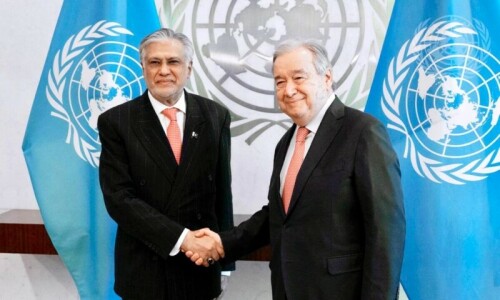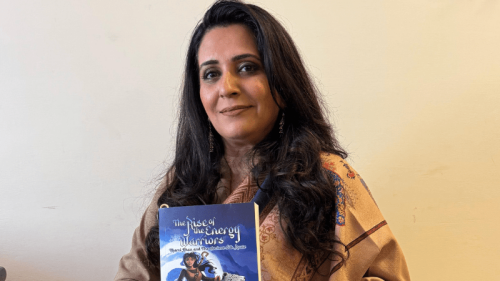ISLAMABAD: The Punjab government is seeking a loan of $200 million from a World Bank-affiliate, the International Development Association, to launch a project to meet early child health challenges in the province, it emerged on Saturday.
The "supporting human capital accumulation in Punjab by early investment" project is expected to be approved by the World Bank executive board in February next year.
Project related information released by the WB says that the project is one in a set of WB supported federal and provincial operations in the country.
The human capital challenges faced in early childhood, which is a critical life stage for human capital accumulation, are disproportionately high among low-income households and lagging behind regions in Punjab, according to the project document.
Punjab is home to about 48 per cent of the country’s poor and inequality remains a challenge in the province, states the project document. A large proportion of the province’s population is clustered around the poverty line and thus remains vulnerable to poverty, especially during shocks such as floods and climate change-induced disasters or economic crisis.
Punjab’s inequality is not only in terms of incomes but also in opportunities for human capital investment, details the project. There are large variations in poverty rates across districts, and in human capital indicators by household incomes as well as by geographic locations. Overall health and education outcomes are far poorer among households in south Punjab, where the poverty rate of 39 per cent is almost twice as high as the province’s average of 21 per cent.
Southern Punjab has the highest percentage of malnutrition and undernourishment population. Among the eleven project districts, Layyah district is on top with 29.6 per cent of stunted growth.
Moreover, due to poor nutrition facilities and lack of access to basic healthcare services, the percentage of children under the age of five with diarrhea is 25 per cent in Dera Ghazi Khan and 30 per cent in Layyah district, the highest such figures for districts in Punjab.
An immediate source of lagging in early childhood human capital outcomes among vulnerable households can be found in their underutilisation and low-quality of key health services, explains the document. A more fundamental factor that is detracting from human capital investment in early childhood is social and economic exclusion of women in poor households.
Published in Dawn, December 22nd, 2019














































